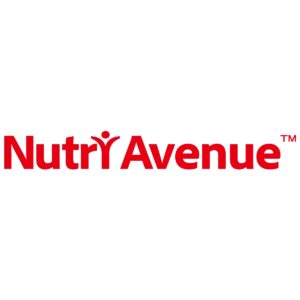Horse Chestnut Extract enhances valve functions and may also aid in treating hemorrhoids and in preventing of edema.

Your One-Stop Bulk Powder Supplier
Nutri Avenue Inc
| Chemical Name: | Horse chestnut extract |
| CAS Number: | 8053-39-2 |
| Molecular Formula: | – |
| Molecular Weight: | – |
| Packaging: | In paper-drums and two layers of poly bags inside. Net weight: 25kg/drum |
| Main Benefits: | Horse Chestnut Extract enhances valve functions and may also aid in treating hemorrhoids and in prevention of edema. |
| Application: | Dietary Supplement |
Horse Chestnut Extract enhances valve functions and may also aid in treating hemorrhoids and in preventing of edema.

USA address:
1101 W Valley Blvd, Ste 104, Alhambra, CA 91803
China address:
Room 3N , Building T1, No.56 , Lane 399 , Xinlong Road , Minhang District , Shanghai , China 201101
Copyright © 2024 Nutri Avenue Inc | All Rights Reserved
Leave your details below, and let us help you get fresh, high-quality ingredients ASAP.